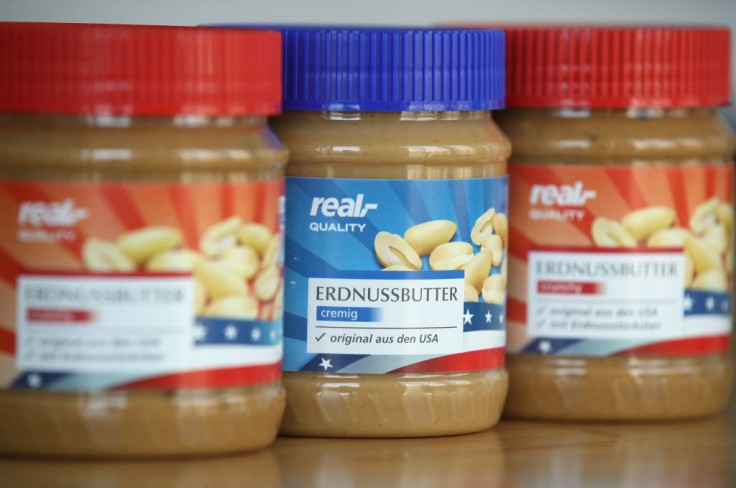
Studies show that nuts are good for our bodies as they are full of fiber and other healthy fats. According to research on the health benefits of nut consumption, nuts are nutrient-rich foods and have numerous benefits to cardiovascular and metabolic health.
Contrary to popular opinion, epidemiologic studies and some clinical trials do not link nut consumption to obesity but instead help weight loss. On the other hand, peanut butter has gained some form of a bad rep over the years because of safety concerns related to a nut allergy, diabetes, and obesity. Several alternatives in the market have instead replaced this universal favorite spread.
So when it comes to peanut butter, what's the real score?
Health Benefits of Peanut Butter
According to the US Department of Agriculture, two tablespoons of peanut butter with salt has 204 calories. It also contains fat, sodium, fiber, protein, and carbohydrates. Peanut belongs to the legume family, and it is a good source of protein.
Peanut butter is composed of about 25% protein, making it an excellent protein source for those looking for plant-based proteins. For individuals who want a low-carb diet, as long as you intake pure peanut butter and not the commercialized ones, it is suitable as it contains only 20% carbs. In addition, according to a pilot study in 2019 published in the National Library of Medicine, peanut butter also causes a low rise in blood sugar. An alternative spread for people with Type 2 diabetes, or those who want to incorporate it into a healthy diet, one extensive review that researchers conducted, linked peanut butter consumption to lower risks of developing Type 2 diabetes in the long run. Apart from this, peanut butter is also high in healthy fats.
According to Jessica Zinn, a registered dietician and New York State Certified Dietitian-Nutritionist, the high-fat content of peanut butter and the rich protein work in your favor because it gives you a feeling of satiation or satisfaction with meals. Peanut butter can incorporate into a person trying to lose weight or those whose diet is centered on lowering blood sugar.
The Bad Rep
Peanut butter is protein-packed, and its potential health benefits have been studied extensively by researchers. However, the bad rep of the spread can be attributed to some brands that add unhealthy ingredients to peanut butter, like sugar and oils that contain trans fat. Some of these ingredients reduce the nutritional value of peanut butter.
Apart from high sugar content in some peanut butter brands, popular media and fad diets associate peanuts with lectins. Peanuts are legumes, and many popular diets cut legumes out because of proteins called lectins. These types of protein bind with carbohydrates, and according to some, it is linked with obesity, autoimmune diseases, and inflammation. However, experts say that it should not be a concern because the recommended serving of peanut butter will not affect a person's nutrient absorption.
Just like any food or drink, consume peanut butter as recommended.